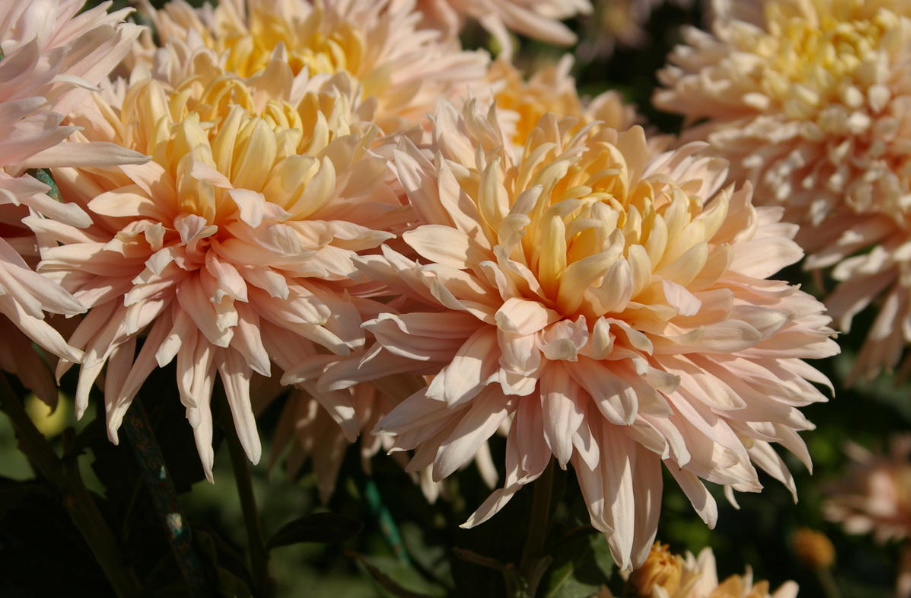
Today we have an interesting botanical topic with you, which is of great practical importance for amateur gardeners. We will talk about flower plants that exclusively and predominantly propagate vegetatively.
Some flower perennials are simply not able to tie seeds for various reasons. Let ‘s list the main ones:
- the double color of the flowers,
- poor, “low—quality” pollen,
- different maturation periods of pollen and the readiness of the pistil to accept it,
- the absence of pollinators (plants, insects, animals in the tropics),
- non-compliance of growing conditions in the culture with the requirements of this plant.
Another reason to resort to vegetative reproduction is the loss or appearance of new signs of the variety when growing seedlings from seeds.
Many flower crops that we have been growing for a long time are easy to propagate vegetatively in various ways — cuttings, bulbs, tubers, corms, and even in large production volumes. And their seed reproduction is now used only for breeding purposes.
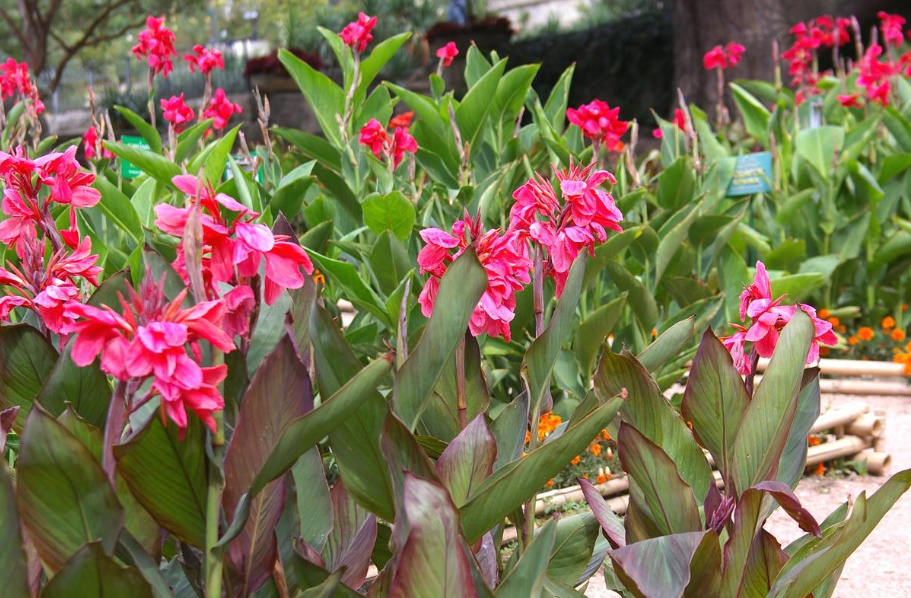
To make it more convenient for you, I conditionally divided the plants that propagate mainly vegetatively into 4 groups.
Group 1. Rhizomatous plants
It includes rhizomatous plants propagated by divisions and parts of vegetative organs.
- Astilbe and Aruncus similar to it are propagated by dividing the bush into parts, each of which should have renewal buds formed at the base of the shoots of the current year. They are cut off with a small piece of rhizome and grown on light soil in shade with constant moistening of the soil. Aruncus has very large lignified rhizomes — if it is not possible to cut off with a knife or pruning shears, you can use a hatchet.
- Overgrown Vinca are propagated by dividing rooted shoots, cuttings.
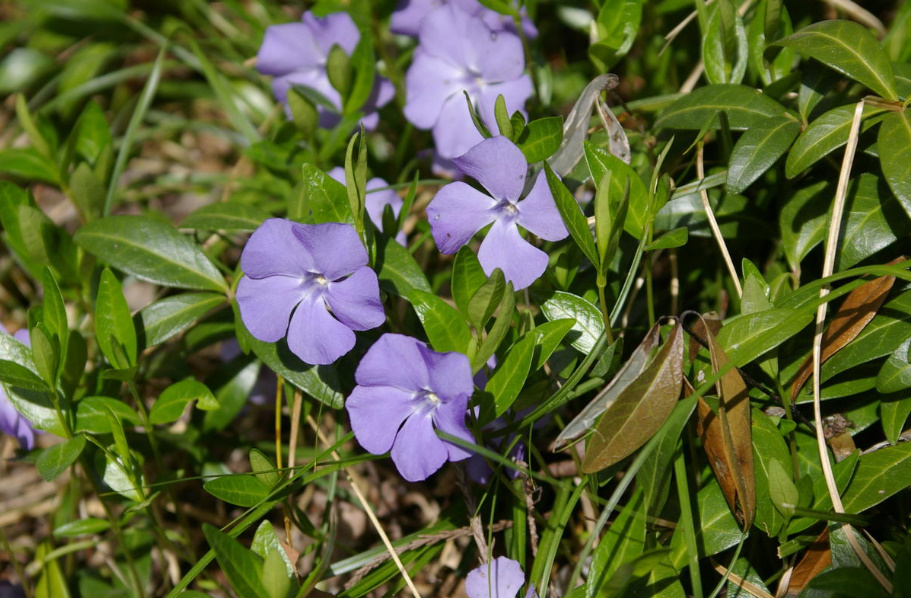
- Varietal Iris is propagated by divisions with 1-2 buds not only in early spring, but also after flowering.
- Large-flowered varieties of Clematis, except for division and rooting by layering, cuttings. You can divide the vine when your clematis turns 5-6 years old. Layering is rooted in summer or autumn, and separated for 2-3 years.
- Convallaria delenki are planted at the end of summer, as they do not take root well in the spring.
- Varieties of Hemerocallis x hybrida are divided in early spring or autumn.
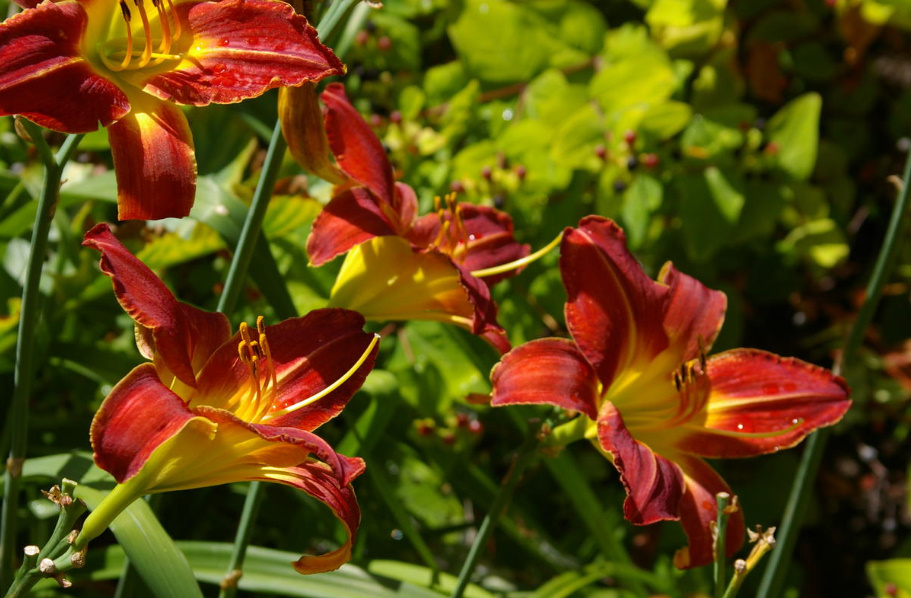
- Varietal Paeonia is propagated by dividing bushes, renewal buds, stem and root cuttings. Planting — 1-2 root tubers with roots and 3-5 well-developed buds. If, when dividing, stems with buds and individual root tubers with small buds come off from the bushes, then do not throw them away, these are also future peonies. Stem and root cuttings are planted on a well-prepared bed in shade and grown for 2-3 years, after which they are transplanted to a permanent place in the flower garden.
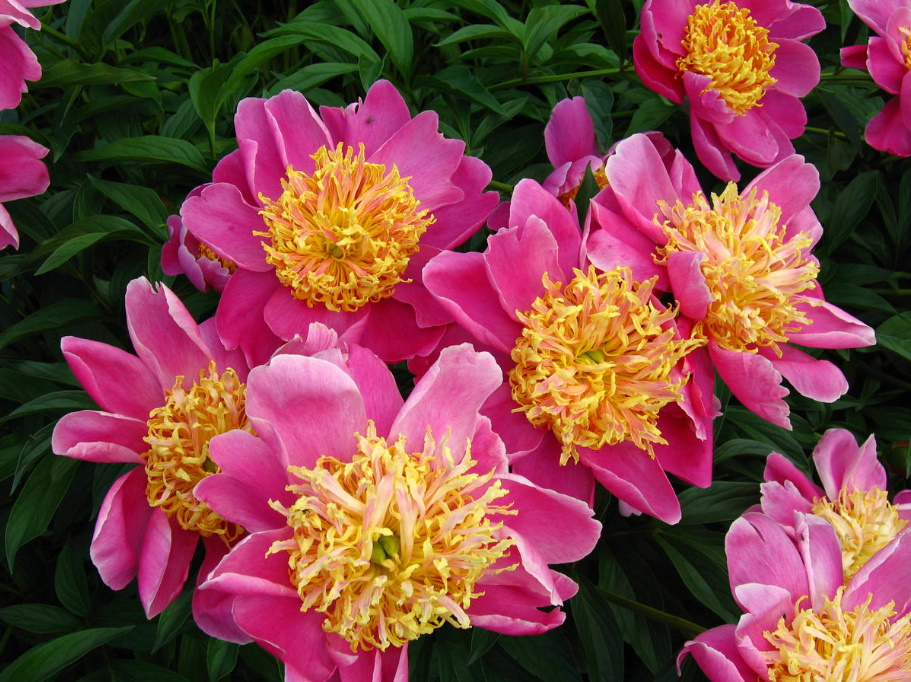
- Artemisia, Sedum are not only divided, but also cuttings.
- Canna x hybrida varieties, propagated by divisions with 1-2 buds.
- To obtain a large amount of Chrysanthemum planting material, cuttings are taken from the mother plant. Less often, they divide and receive root offspring.
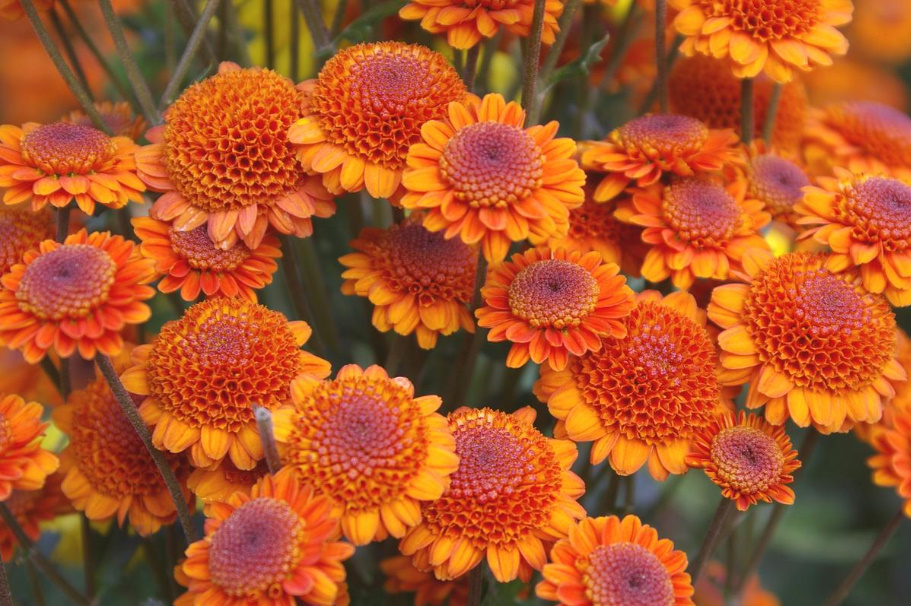
Group 2. Bulbous plants
It includes species that are propagated exclusively by bulbs (with or without leaves) — underground or formed on the plant.
- In Hyacinthus, the daughter bulbs are separated, or the bulbs are divided, or the bottom is incised / cut out.
- Iridodictyum is propagated mainly by daughter bulbs.
- In order not to wait 3-4 years for Camassia seedlings to bloom, it is also propagated by baby bulbs.
- Varietal Lilium is propagated by dividing the nests of bulbs, children from the lower part of the stem, aerial stem buds (bulbs), scales of bulbs, stem and leaf cuttings (rarely).
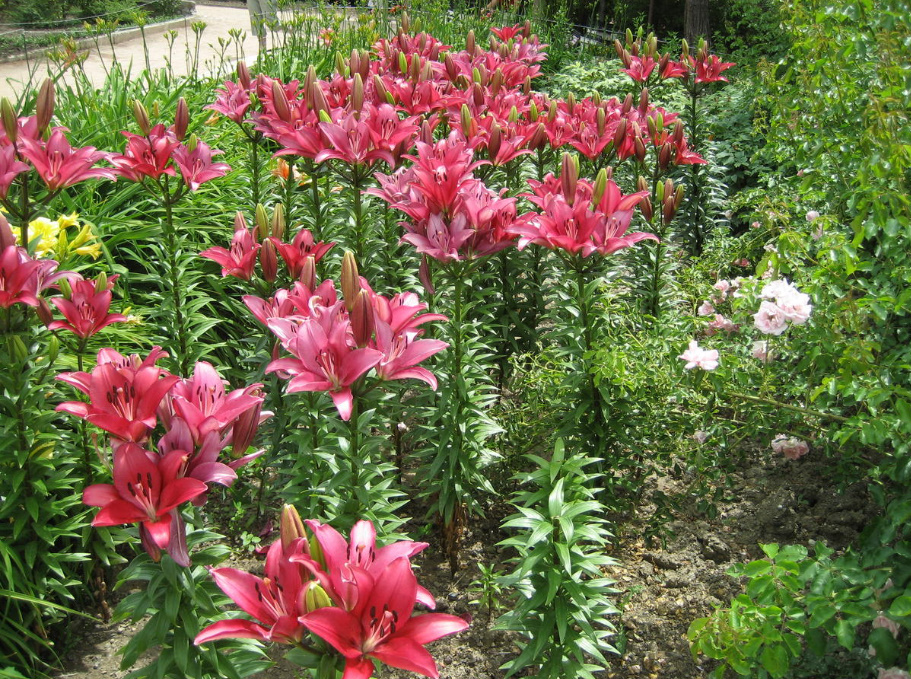
- Despite the fact that Muscari give self-seeding, they are often propagated by baby bulbs.
- Over time (no earlier than 3 years after planting large or medium-sized mother bulbs), nests of bulbs of Narcissus, Galanthus, Scilla, Ornithogalum, Puschkinia, Fritillaria, Chionodoxa are divided.
- In the Netherlands, the reproduction of varietal Tulipa by this method has been worked out on an industrial scale. At the same time, it must be remembered that it is impossible to take material for reproduction from plants affected by viral variegation!
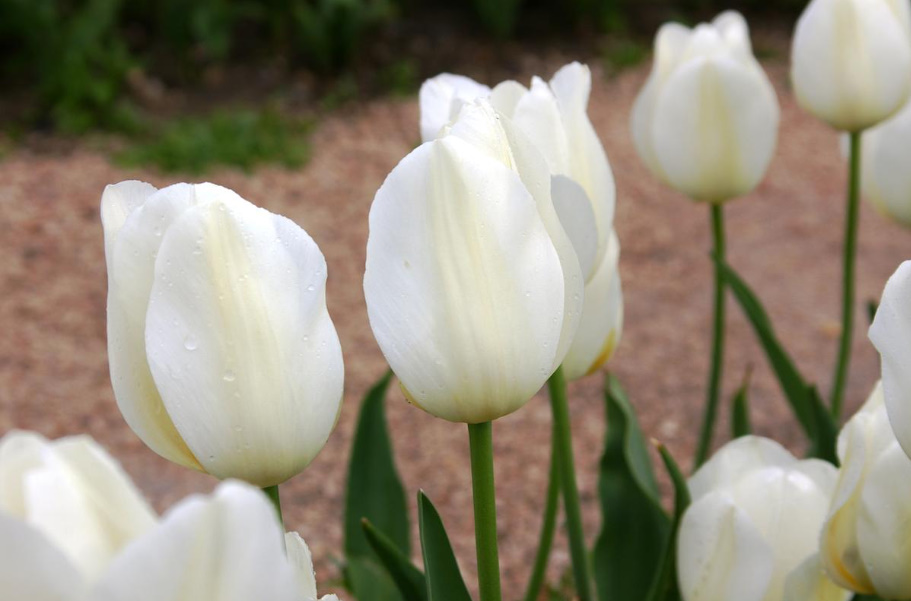
Group 3. Tuberous plants
It includes crops that are propagated by tubers, corms. They are more often propagated without leaves — during the dormant period or at the beginning of growth.
- Dahlia of hybrid origin, numerous varieties united under the name D. x cultorum, propagated by division of root tubers and cuttings (less often).
- Gladiolus is propagated by children, very valuable varieties — by dividing corms in the spring, when sprouts are visible on them.
- Children are separated from the overgrown Crocosmia, syn. Montbretia; they are planted a little earlier and dug out later than the corms. In summer, the growing crocosmias are cared for more carefully.
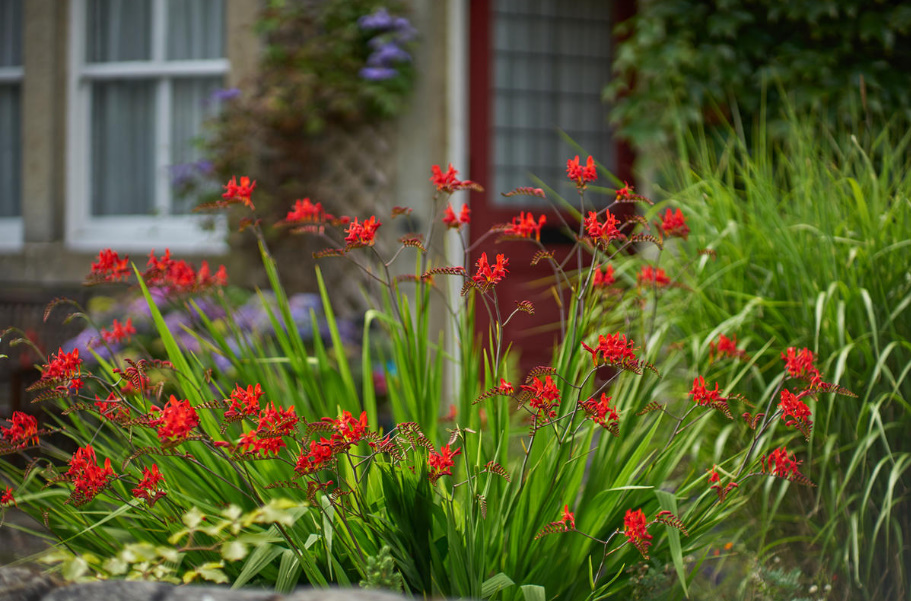
- Crocus is more often propagated by daughter substituting corms, Xiphium — by baby bulbs; Corydalis – by tubers that are dug out after the seeds ripen.
- Colchicum speciosum, propagated by dividing the nest of corms during digging and transplanting.
Group 4. Rosette plants
A small group, which included species propagated by rosettes.
- Daughter rosettes are separated from the Sempervivum, of which a lot are formed, they often end up on the surface and are easily separated together with the aerial roots. They are planted from spring to autumn, because they take root easily.
- Varietal Primula is propagated by young rosettes, dividing plants after flowering every 4-5 years.
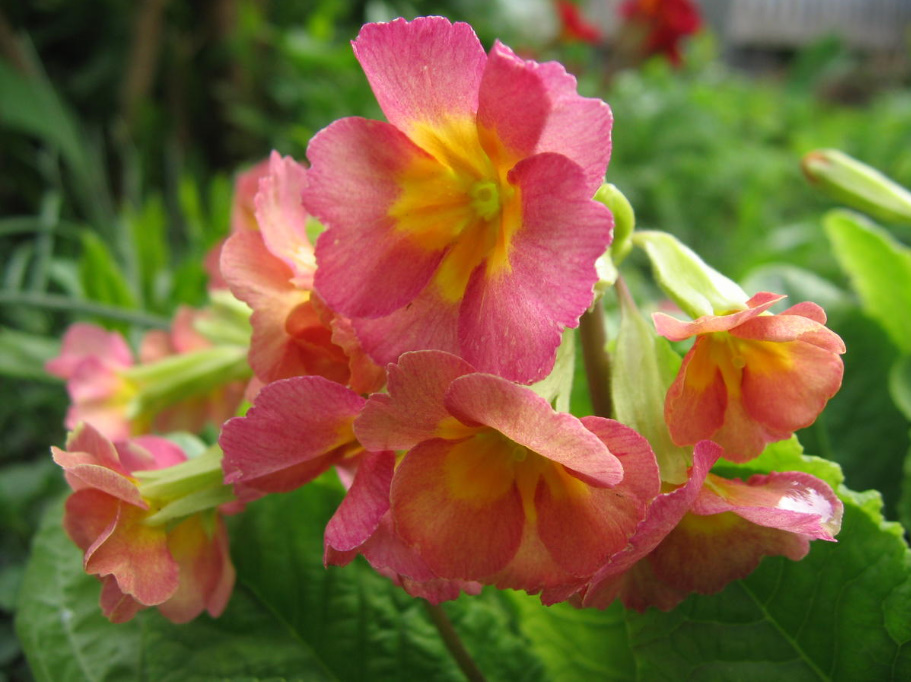
- I would include Yucca to this group, which also forms a kind of outlet.
In conclusion — traditional questions from the author: have you ever encountered problems of infertility of your summer cottage plants? Which flower crops do you propagate exclusively vegetatively?

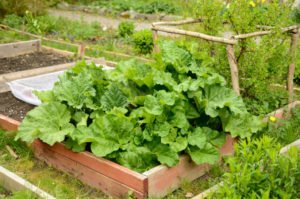
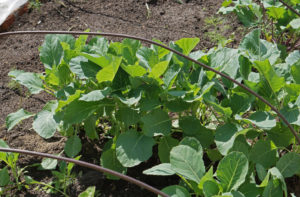
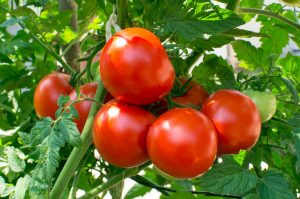
Leave a Reply